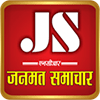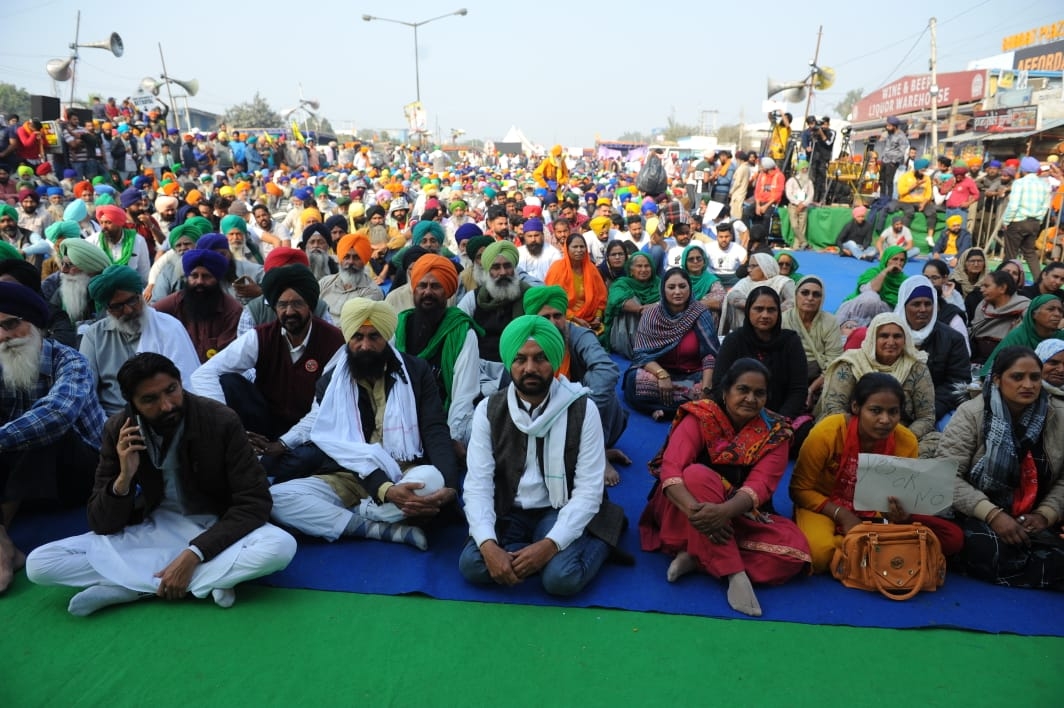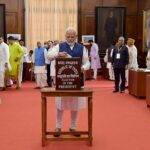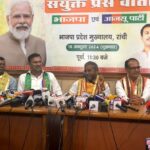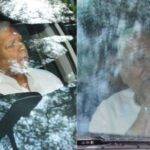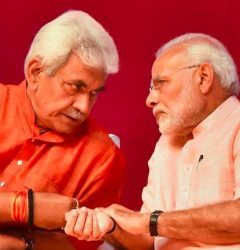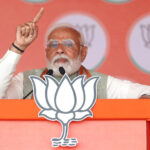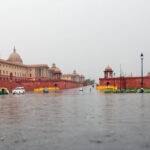New Delhi | Both the NDA and the opposition camp on Tuesday announced the names of their candidates for the upcoming presidential election. While the NDA announced former Jharkhand governor Draupadi Murmu as its presidential candidate, a group of opposition parties nominated Yashwant Sinha, leader of Trinamool Congress and former Union minister in the NDA government led by Atal Bihari Vajpayee, for the upcoming presidential elections. Declared General Candidate.
Sinha’s name was finalized by opposition political parties after former West Bengal Governor Gopalkrishna Gandhi, Nationalist Congress Party chief Sharad Pawar and former Jammu and Kashmir Chief Minister Farooq Abdullah dropped out of the race to become the next President of India. .
Sinha’s name was announced at the opposition leader’s meeting convened by NCP chief Sharad Pawar in New Delhi. Congress Party, NCP, Trinamool Congress, CPI, CPI(M), Samajwadi Party, National Conference, AIMIM, RJD and AIUDF participated in the meeting to discuss the presidential candidate.
Rift in the opposition camp came to the fore when several regional parties – TRS, BJD, AAP, SAD and YSRCP – stayed away from the meeting to put up a tough fight against the BJP-led NDA candidate. Earlier these regional parties had not attended the meeting of opposition parties called by West Bengal Chief Minister Mamata Banerjee on June 15.
CVoter-IndiaTracker conducted a nationwide survey on behalf of IANS to know people’s views on the efforts of senior opposition leaders to build unity in the opposition camp for the presidential election.
According to the survey data, a majority of Indians believe that the opposition is still divided and that their presidential candidate is unlikely to give a tough fight to the NDA candidate. According to the survey data, while 71 per cent of Indians feel that there is a lack of unity in the opposition camp, only 29 per cent of the respondents during the survey had a different opinion on the issue.
Interestingly, during the survey, a majority of voters, both NDA and opposition, said that the opposition is still divided. During the survey, 68 per cent of NDA voters and 73 per cent of opposition supporters said that the opposition lacked unity.
During the survey, a majority of voters, both urban and rural, shared similar views about differences in the opposition camp. According to the survey data, 74 percent of rural voters and 66 percent of urban voters believe that opposition political parties are divided.
Surprisingly, the majority of the respondents from all social groups during the survey said that the opposition is divided on the matter. According to the survey data, 71 percent of Upper Caste Hindus (UCH), 72 percent of Other Backward Classes (OBC), 71 percent of Muslims, 64 percent of Scheduled Castes (SC) and 77 percent of Scheduled Tribes (ST) respondents I firmly believe that opposition political parties have failed to develop unity ahead of next month’s presidential election program.
The survey further revealed that Indians’ opinion about a candidate for the presidential election is divided among the opposition candidates. According to the survey data, while 53 percent of the respondents believed that the opposition should withdraw the candidate fielded for the presidential election, 47 percent of the survey participants did not agree with this sentiment.
The political polarization on the issue was evident in the views expressed by the NDA and opposition voters. According to the survey data, while 64 percent of the opposition voters spoke in favor of the opposition political parties fielding candidates for the presidential election, 60 percent of the NDA voters opposed the idea.
During the survey, respondents from different social groups shared different opinions on the issue. According to the survey data, where 62 percent SC, 71 percent ST and 85 percent Muslim respondents expressed their opinion in favor of the presidential candidate set up by the opposition, 63 percent UCH and 54 percent OBC respondents voted for the opposition president. Spoke against the idea of fielding candidates for election.

